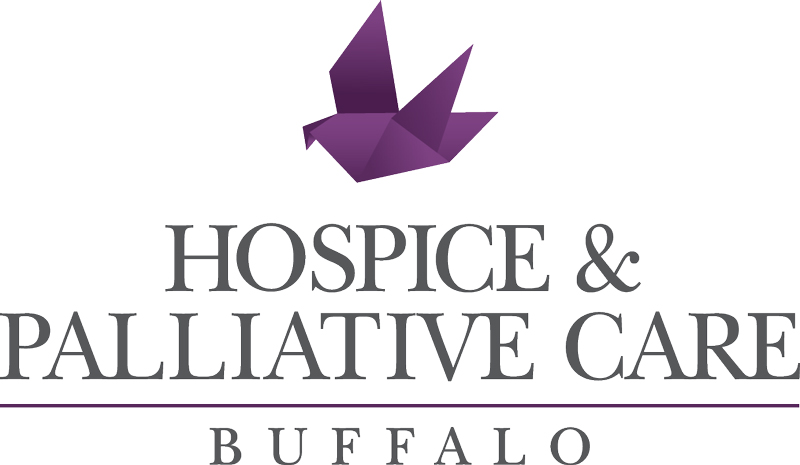By Annette Pinder
Abuse and disability impact a large percentage of the U.S. population. Roughly one in four women and one in seven men experience domestic violence, and about 25% of adults have physical, cognitive, or emotional disabilities. According to sanctuaryforfamilies.org, individuals with disabilities experience higher rates of domestic violence and sexual assault than non-disabled people, and 70% of disabled people are three times more likely to be sexually assaulted.
HOPE of Western New York (HOPE of WNY) is a collaboration with Community Services for Every1 (CS Every1) and the Family Justice Center (Justice Center) that improves access to domestic violence services and prevention education for people with Intellectual and Developmental Disabilities (I/DD). They also help ensure that individuals experiencing domestic violence are identified and linked to resources that provide help and healing.
Working with the Justice Center, CS Every1 increases the awareness, skills, and comfort level of their staff to identify and support individuals in unsafe situations, and support policies that eliminate barriers to their receiving domestic violence services. Often, people in these situations experience a pattern of coercive tactics by a family member to gain and maintain control over them. Abuse they experience can be psychological, emotional, physical, sexual, stalking, threats of violence, and/or economic. Sadly, individuals with disabilities experience the highest rates of personal violence at the hands of spouses, partners, family, caregivers, and strangers, and are often devalued and under-supported because of being misunderstood.
Learn more about HOPE of WNY, and watch a video about domestic violence at https://www.csevery1.com/domestic-violence-services. Reach HOPE of WNY’s Outreach & Advocacy Facilitator at 716-883-8002. If you or someone you know is in an unhealthy or abusive relationship, contact their Casework Empowerment Liaison at 716-949-6678.












